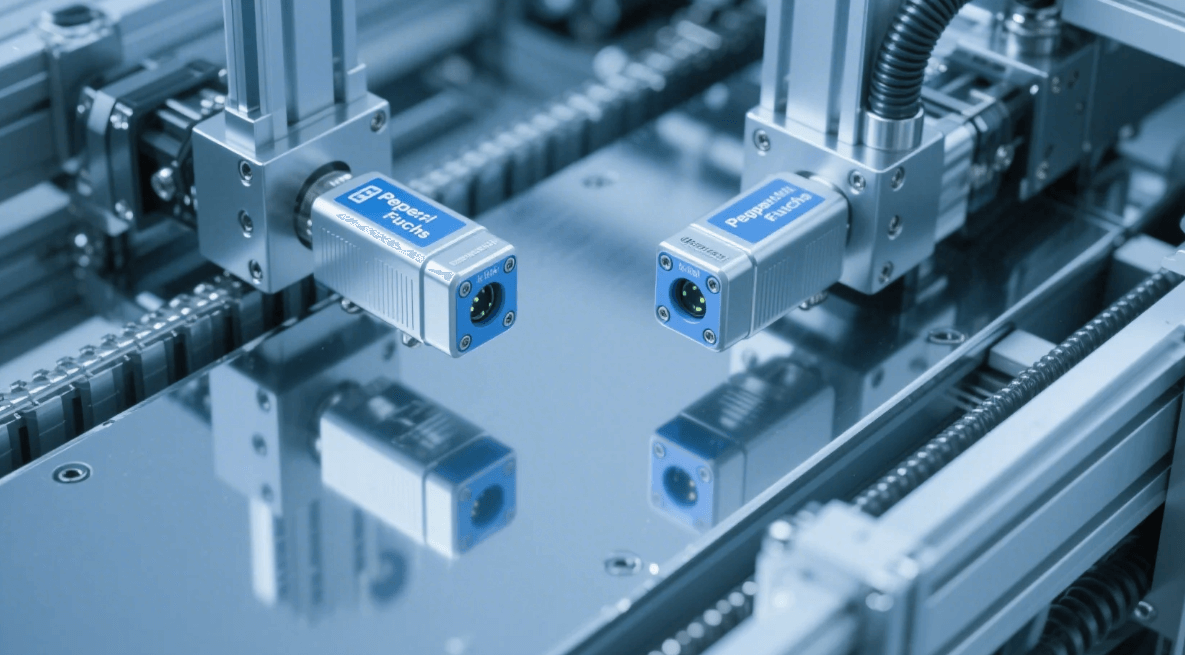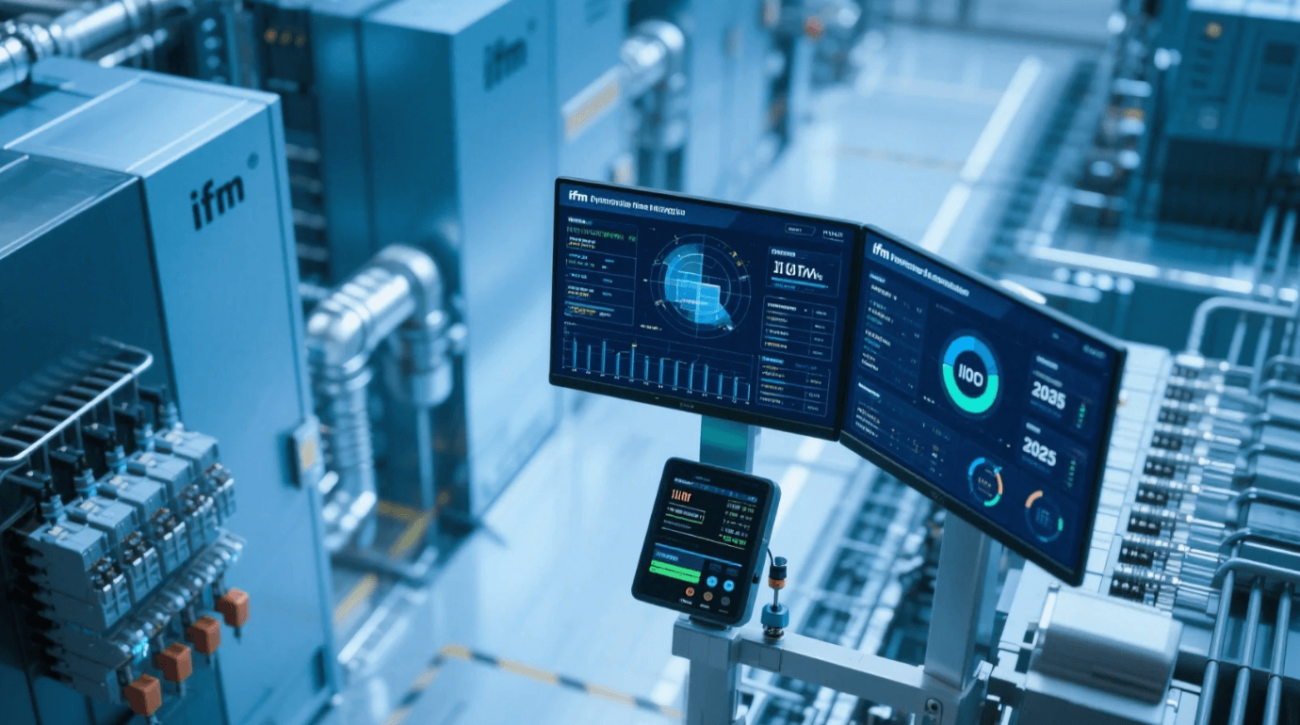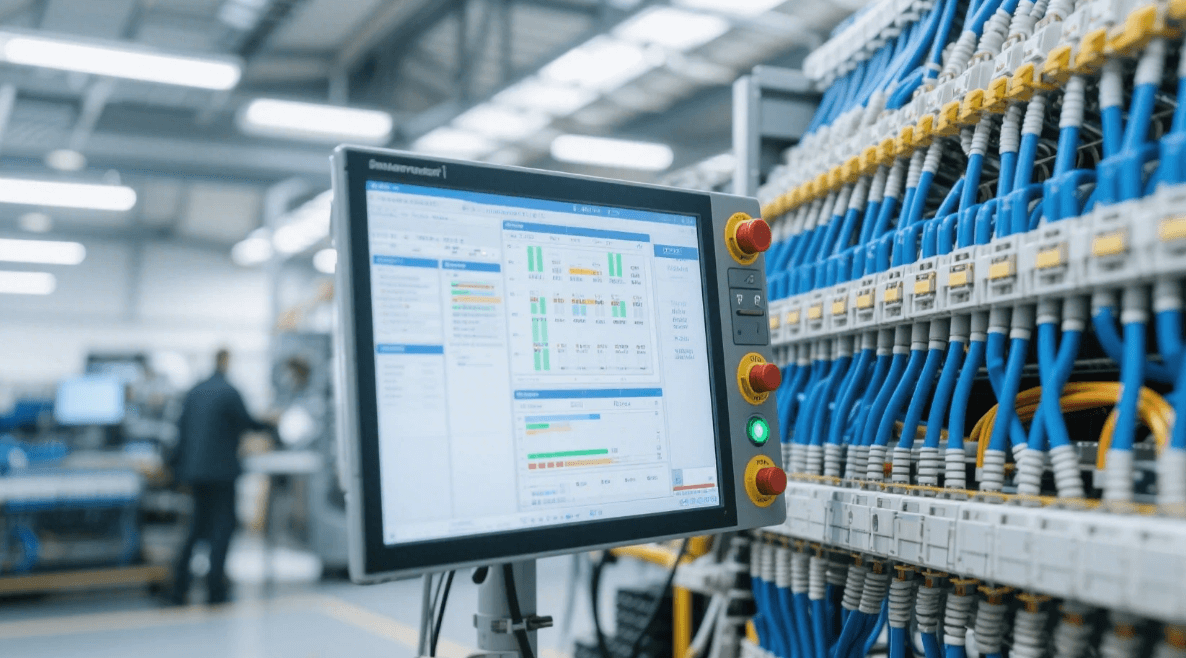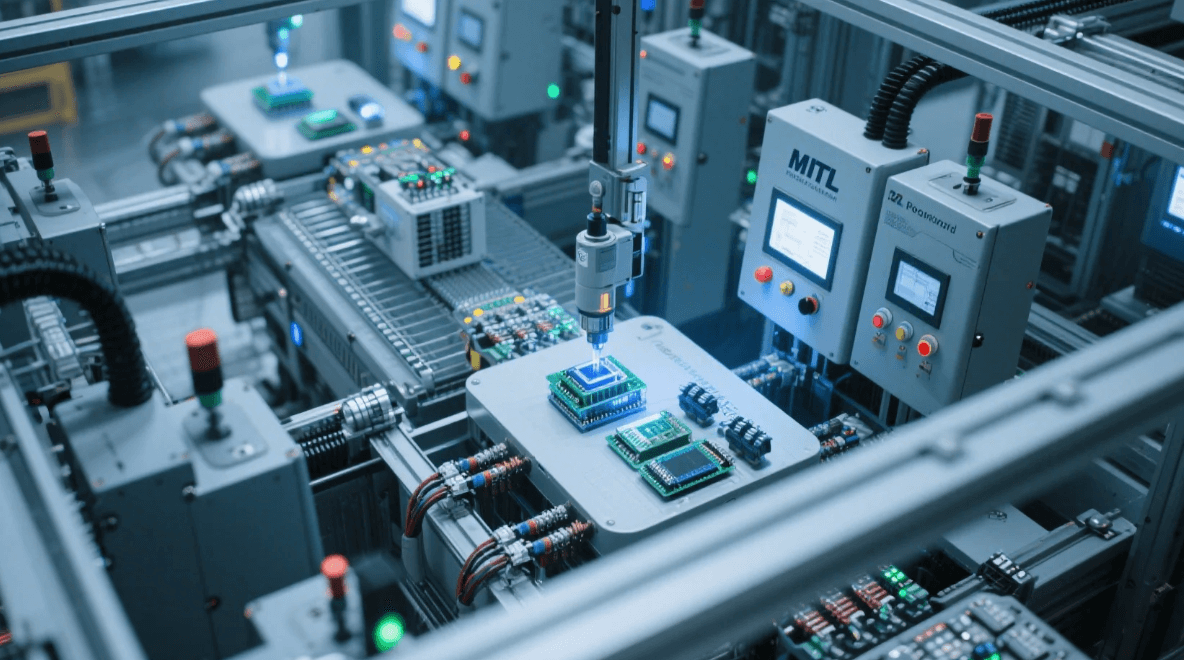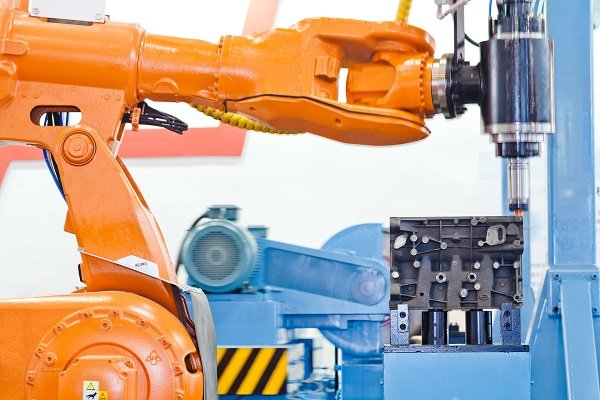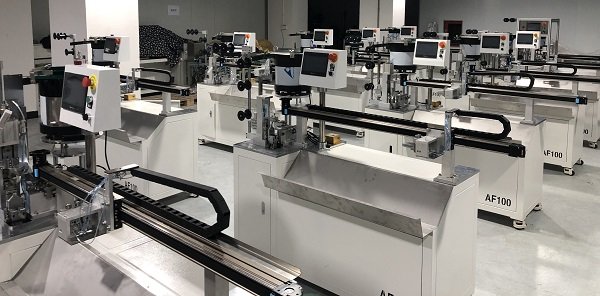The Modern Advantages of Siemens PLC: Revolutionizing Automation with Innovation and Efficiency
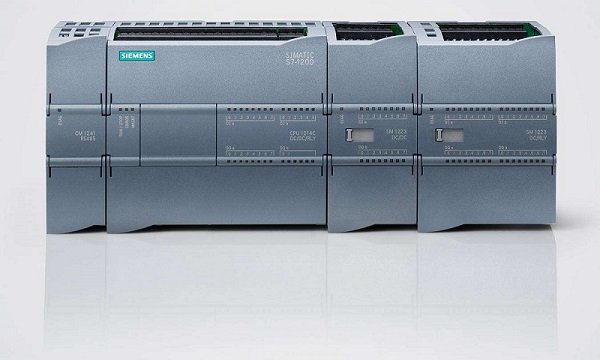
In the rapidly advancing world of industrial automation, one name stands out for its innovation, reliability, and cutting-edge technology: Siemens PLC (Programmable Logic Controllers). As industries around the globe push toward smarter, more efficient production systems, Siemens PLC has become synonymous with quality, flexibility, and unmatched performance. This article explores the modern advantages of Siemens PLC, highlighting how these systems are transforming industries with their advanced features, high reliability, and sustainable benefits.
Introduction: The Power of Siemens PLC in Industrial Automation
Automation has become the backbone of modern industries, and Siemens PLC plays a pivotal role in this evolution. PLCs are used across various industries to control machinery, processes, and systems with precision and reliability. From manufacturing plants to energy sectors, Siemens PLC has been at the forefront of driving automation solutions, providing businesses with the tools they need to boost productivity, reduce downtime, and achieve operational excellence.
Siemens has earned its reputation as a leader in automation technology due to the company’s continuous commitment to innovation, exceptional customer support, and the ability to deliver highly customizable, scalable, and efficient solutions. Whether it’s through sophisticated hardware or intelligent software, Siemens PLC systems enable industries to achieve their automation goals more efficiently than ever before.
The Modern Advantages of Siemens PLC
Enhanced Reliability and Durability
One of the standout advantages of Siemens PLC is its extraordinary reliability and durability in demanding industrial environments. Siemens PLCs are engineered to withstand harsh conditions, such as high temperatures, vibrations, and dust, making them ideal for use in industries like manufacturing, energy, and chemical processing. Their robust design ensures that systems run continuously with minimal downtime, contributing to overall operational efficiency and reducing maintenance costs.
The durability of Siemens PLC is a result of meticulous engineering and quality control. These systems are built to last and perform consistently, even in the most challenging industrial conditions. Whether in factories, power plants, or transportation networks, Siemens PLC delivers unmatched reliability that businesses can count on.
Scalability and Flexibility
Modern industrial environments are dynamic, with ever-evolving needs and challenges. Siemens PLC systems are known for their scalability and flexibility, enabling businesses to adapt quickly to changing requirements. The modular design of Siemens PLC allows users to easily expand or customize their automation systems, adding new I/O modules, communication interfaces, and software applications as needed.
Whether a business is scaling up production, integrating new technologies, or adapting to market changes, Siemens PLC offers the flexibility to meet these evolving demands. This scalability is particularly valuable in industries that require continuous improvements and rapid responses to shifts in production processes or business models.
Improved Efficiency and Cost Savings
Efficiency is at the core of Siemens PLC systems. By automating routine tasks, controlling complex processes, and improving decision-making with real-time data, Siemens PLC helps businesses achieve significant efficiency gains. These systems streamline production workflows, reduce human error, and optimize machine utilization, all of which contribute to lower operating costs.
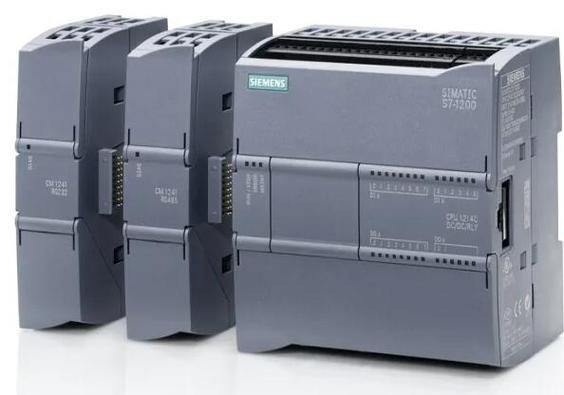
Furthermore, Siemens PLC helps businesses minimize waste and energy consumption by optimizing resource use. In sectors such as manufacturing and logistics, where cost control is crucial, the energy-efficient design of Siemens PLC systems delivers substantial savings. With the ability to automate complex tasks with precision, these systems also reduce the need for manual intervention, freeing up valuable human resources for more strategic activities.
Advanced Integration Capabilities
In the modern industrial landscape, integration is key to achieving true automation. Siemens PLC excels in this area, offering seamless integration with other systems and technologies. The open architecture of Siemens PLC allows it to interface with a wide range of devices, from sensors and actuators to enterprise resource planning (ERP) systems and cloud platforms.
Through advanced communication protocols such as Profinet, Modbus, and OPC UA, Siemens PLC facilitates smooth data exchange between machines, devices, and control systems. This integration capability ensures that companies can synchronize operations, improve real-time monitoring, and collect valuable data to enhance decision-making.
Real-Time Monitoring and Control
One of the most powerful features of Siemens PLC is its ability to provide real-time monitoring and control of processes. This enables operators to track performance, identify potential issues, and make adjustments as needed without delay. With real-time data analytics, operators can detect inefficiencies, anticipate maintenance needs, and optimize machine performance.
The incorporation of advanced diagnostics tools in Siemens PLC helps users predict failure points before they occur, allowing for preventive maintenance and reducing costly downtimes. The ability to remotely access these systems through cloud-based platforms also means that operators can make adjustments and monitor performance from anywhere in the world, providing added flexibility and convenience.
Industry-Specific Benefits of Siemens PLC
Automotive Industry
The automotive industry is one of the largest adopters of Siemens PLC due to its need for precision, reliability, and flexibility in manufacturing. Siemens PLC systems automate complex assembly lines, ensuring that each component is assembled with the utmost accuracy and efficiency. These systems help manufacturers streamline production processes, improve product quality, and reduce cycle times.
Moreover, Siemens PLC facilitates the integration of robotics and advanced control systems, which are becoming increasingly important in automotive manufacturing. With the growing demand for electric vehicles (EVs), Siemens PLC provides manufacturers with the necessary tools to incorporate innovative technologies such as battery management systems, powertrain control, and energy-efficient manufacturing.
Energy Sector
In the energy sector, where operational efficiency and safety are critical, Siemens PLC plays a crucial role in controlling power generation and distribution systems. From managing power plants to optimizing grid operations, Siemens PLC systems are integral to ensuring stable and efficient energy production and distribution.
Siemens PLC supports the integration of renewable energy sources such as wind, solar, and hydropower, enabling energy companies to meet sustainability goals while maintaining reliable energy output. Furthermore, Siemens PLC helps in predictive maintenance and energy optimization, reducing waste and ensuring continuous service.
Food and Beverage Industry
In the food and beverage sector, Siemens PLC is used to automate production lines, ensuring that manufacturing processes are consistent and meet strict quality standards. Siemens PLC enhances traceability, batch control, and regulatory compliance, making it easier for food manufacturers to adhere to safety and quality regulations.
Siemens PLC systems also contribute to energy efficiency in the food and beverage industry by optimizing heating, cooling, and packaging processes. With better energy management, companies can reduce operating costs and minimize waste, benefiting both their bottom line and the environment.
Chemical and Pharmaceutical Industries
In highly regulated sectors like chemicals and pharmaceuticals, Siemens PLC ensures that processes are controlled with a high level of precision and reliability. Automation of chemical reactions, mixing processes, and packaging helps manufacturers maintain quality standards while reducing human error.
Siemens PLC systems also support regulatory compliance by ensuring that data is captured accurately and in real-time, which is essential for audits and certifications. The ability to monitor and control operations remotely further enhances the flexibility and scalability of chemical and pharmaceutical production facilities.
The Role of Siemens PLC in Shaping the Future of Automation
The future of industrial automation is rapidly advancing, and Siemens PLC is playing a pivotal role in shaping that future. With continued advancements in artificial intelligence (AI), machine learning, and the Internet of Things (IoT), Siemens PLC is becoming even more intelligent and interconnected. As industries embrace Industry 4.0 and the digital transformation of manufacturing, the role of Siemens PLC systems will continue to expand.
By offering cutting-edge solutions in automation, Siemens PLC is empowering businesses to stay ahead of the curve, making operations more efficient, cost-effective, and adaptable. The integration of smart technologies, real-time data analytics, and predictive maintenance capabilities ensures that industries can thrive in a rapidly changing world.
Conclusion: The Unrivaled Excellence of Siemens PLC
In conclusion, Siemens PLC stands as a symbol of excellence in the world of industrial automation. Its modern advantages—ranging from reliability and flexibility to advanced integration and real-time monitoring—make it a critical component in the success of industries worldwide. With its focus on innovation, performance, and sustainability, Siemens PLC continues to lead the way in shaping the future of automation, providing industries with the tools they need to achieve greater efficiency, lower costs, and long-term success.
Model : 8091578 MS6-EE-1/2-V24-B


